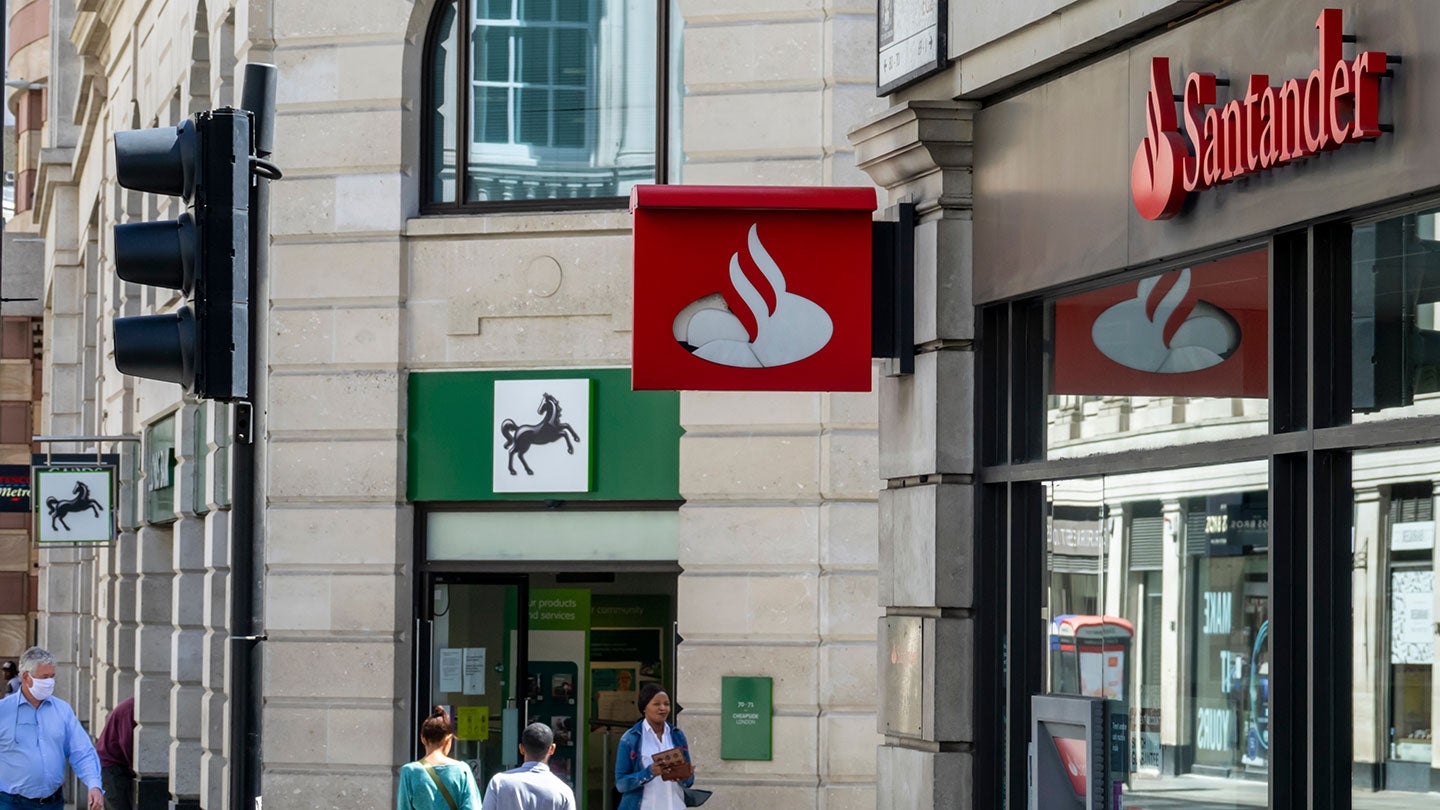
UK banks are healthy enough to withstand severe economic blows and still continue to lend during the pandemic, Bank of England (BOE) says in its latest financial stability report.
The Bank of England’s Financial Policy Committee (FPC) estimates that the UK banking system “remains resilient to a wide range of possible economic outcomes”.

Access deeper industry intelligence
Experience unmatched clarity with a single platform that combines unique data, AI, and human expertise.
The thirteen-member FPC identifies, monitors and takes action to remove or reduce systemic risks with a view to protecting and enhancing the resilience of the UK financial system.
The committee says the financial system has the capacity to continue to support businesses and households even if economic outcomes are considerably worse than currently expected.
This reflects the build-up of substantial buffers of capital since the global financial crisis.
Banks have set aside £20bn for credit losses
Over the course of 2020, major UK banks’ and building societies’ aggregate Common Equity Tier 1 capital ratio has increased to 15.8% at end-September, which is over three times higher than at the start of the global financial crisis.

US Tariffs are shifting - will you react or anticipate?
Don’t let policy changes catch you off guard. Stay proactive with real-time data and expert analysis.
By GlobalDataOver this period, they have provisioned for £20bn of credit losses, although the effect on the capital ratio is reduced by the transitional relief of IFRS 9.
Some headwinds to banks’ capital ratios are therefore anticipated over coming quarters as unemployment rises, business insolvencies rise from current low levels, and risk weights on banks’ exposures increase.
Nevertheless, the major UK banks can absorb credit losses in the order of £200bn, much more than would be implied if the economy followed a path consistent with the MPC’s central forecast.
The FPC estimates that the UK and global macroeconomic scenarios required to generate losses on this scale would need to be very severe with, for example, UK unemployment rising to more than 15%.
Countercyclical capital buffer to remain at 0%
The committee expects banks to use all elements of capital buffers as necessary, to continue to support the economy. Alongside the Prudential Regulation Authority (PRA), it is taking action to support the use of capital buffers.
The FPC is updating its guidance on the path for the UK countercyclical capital buffer (CCyB) rate. It now expects this rate to remain at 0% until at least 2021 Q4.
Due to the usual 12-month implementation lag, any subsequent increase is not expected to take effect until 2022 Q4 at the earliest.
The eventual pace of return to a standard 2% UK CCyB rate will depend on banks’ ability to rebuild capital while continuing to support households and businesses.
“Downside risks remain”
Although there have been encouraging developments on vaccines, the FPC, consistent with its remit, is focused on the range of downside risks that remain.
These include risks that could arise from the evolution of the pandemic and consequent measures to protect public health, as well as from the transition to new trading arrangements between the European Union and the United Kingdom.







